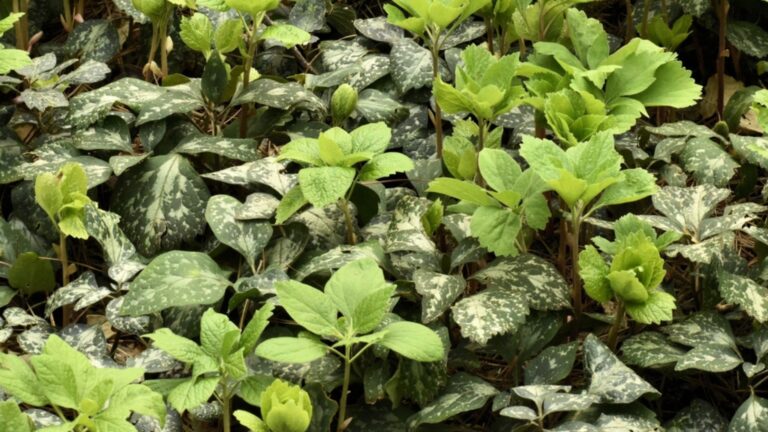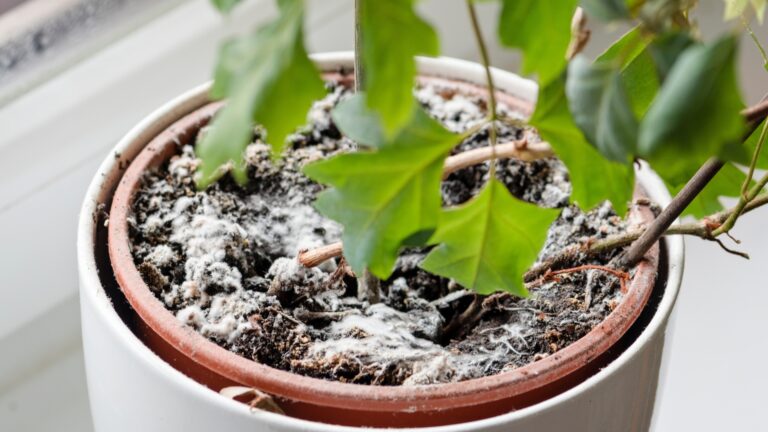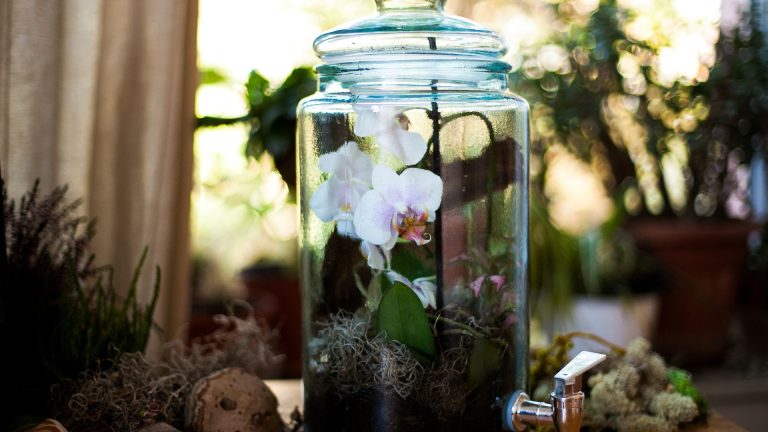16 Surprising Benefits Of Adding Fruit To Your Watering Can (Plus What It Does To Soil Health)
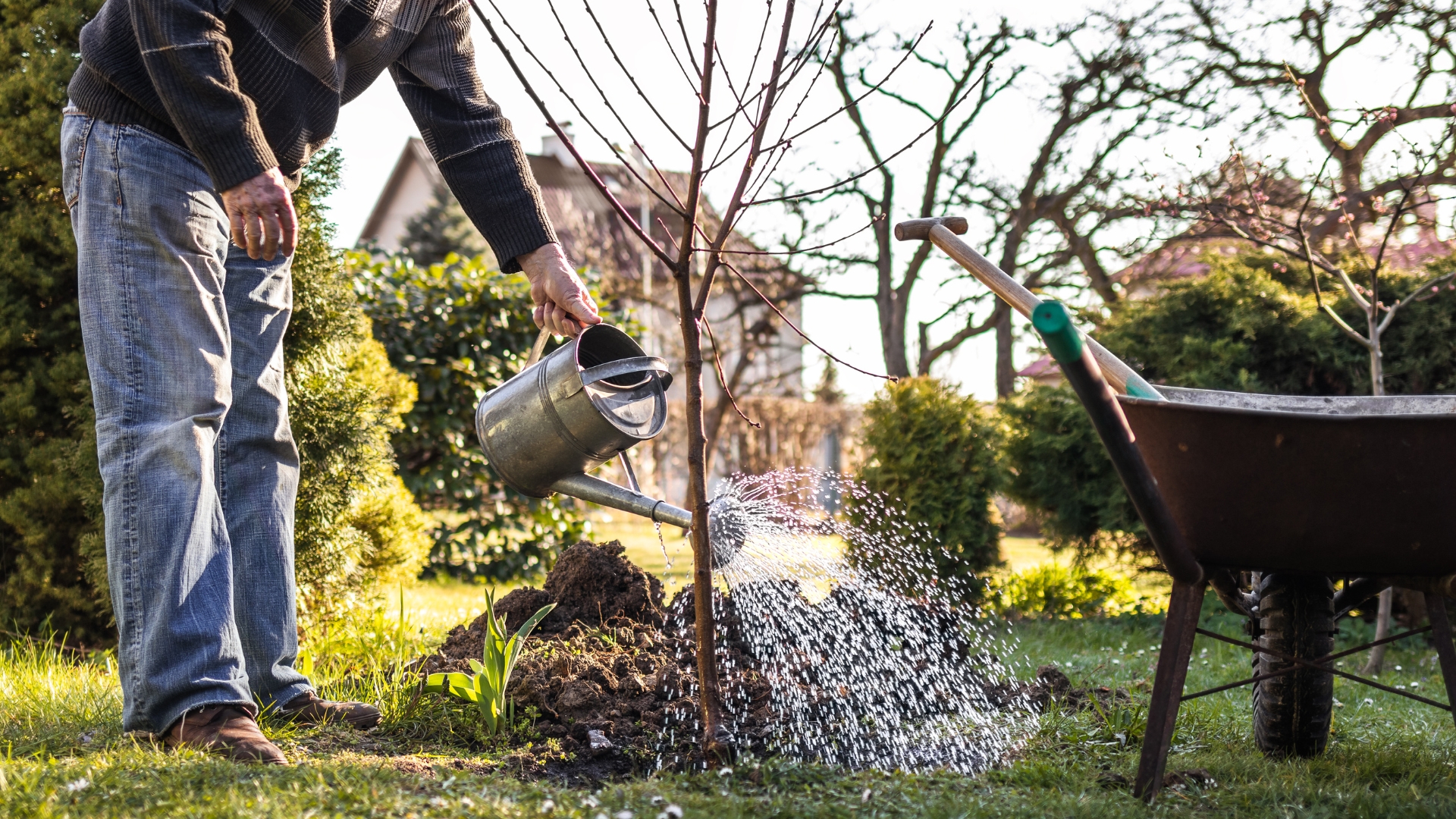
Fruit in a watering can? I know—it sounded strange to me too. But once I saw what it did to my plants and soil, I was hooked.
These 16 surprising benefits go way beyond compost and give your garden a natural boost that’s easy to pour. It’s sweet, simple, and kind of fun to experiment with.
Let’s turn food scraps into garden gold without the mess.
1. Natural Fertilizer Boost
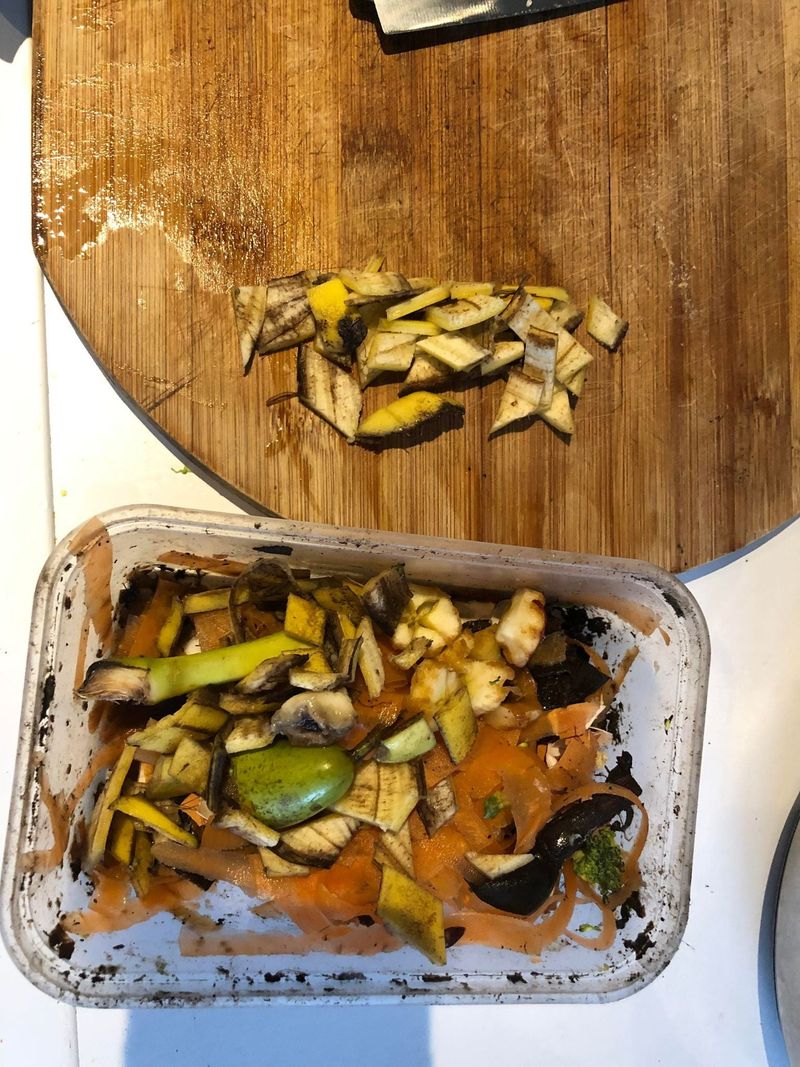
Fruit scraps release essential nutrients as they break down in water. Bananas provide potassium, while citrus peels offer nitrogen and phosphorus that plants crave for healthy growth.
You’ll notice stronger stems and vibrant leaves within weeks of using this natural solution. No need for expensive chemical fertilizers when nature provides everything your garden needs right from your kitchen!
2. Improved Nutrient Absorption
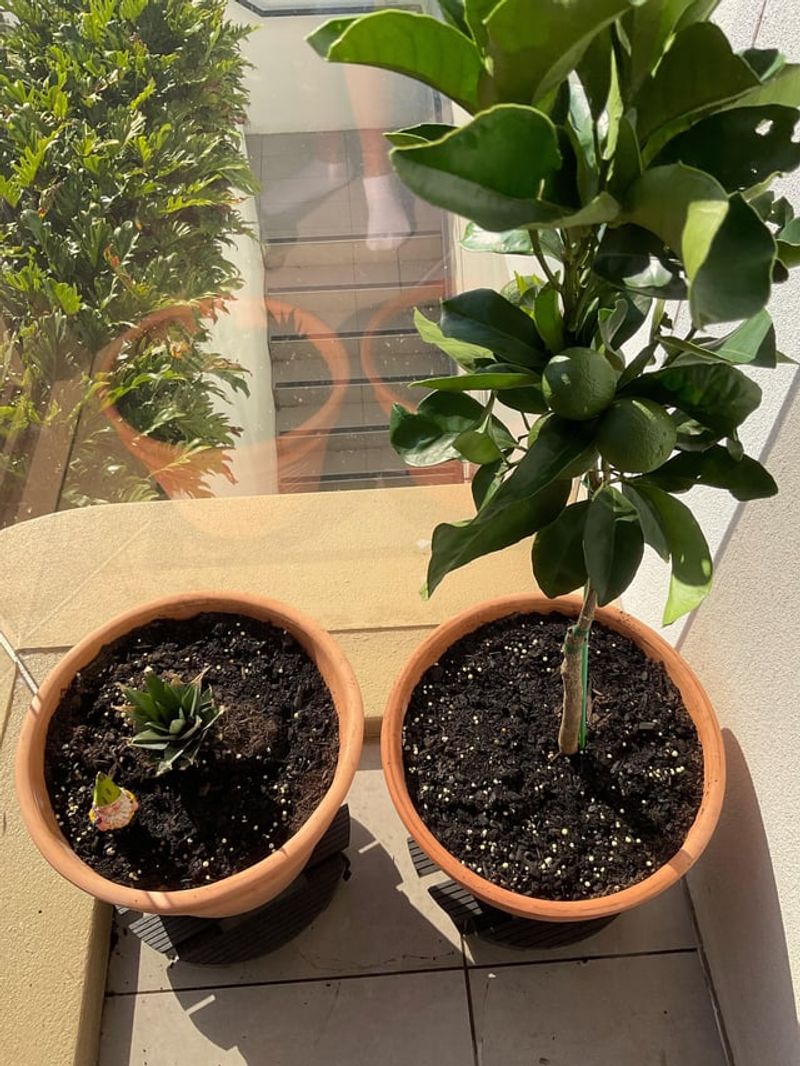
The natural acids in fruits like lemons and oranges help break down existing nutrients in soil. This chemical reaction makes minerals more accessible to plant roots, similar to how digestive acids work in our stomachs.
Many gardeners report seeing faster growth after just a few applications. Your plants can finally access nutrients that were previously locked away in the soil, leading to healthier development overall.
3. Beneficial Microbe Support
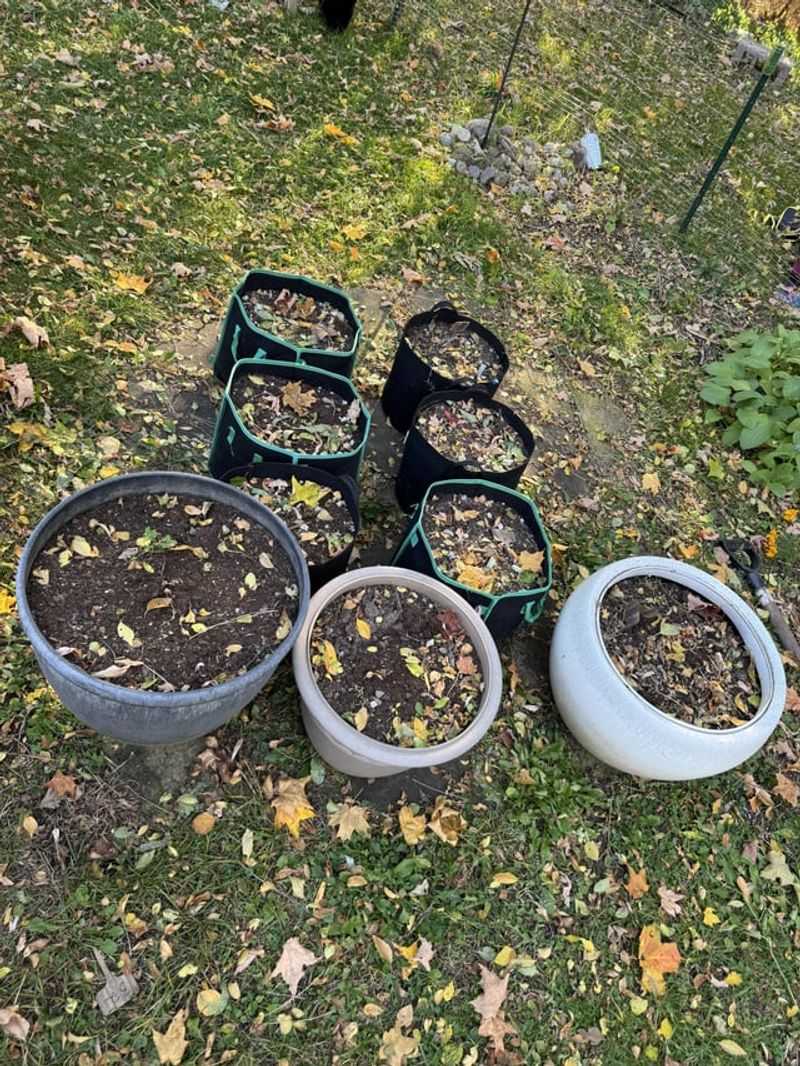
Fruit sugars feed beneficial soil bacteria and fungi that form symbiotic relationships with plants. These microorganisms help create a living web of protection and nutrition around root systems.
Think of it as feeding the invisible garden helpers that protect your plants. The natural sugars in fruits like apples and berries provide quick energy for these microbes, helping them multiply and create a healthier soil ecosystem.
4. Pest Repellent Properties
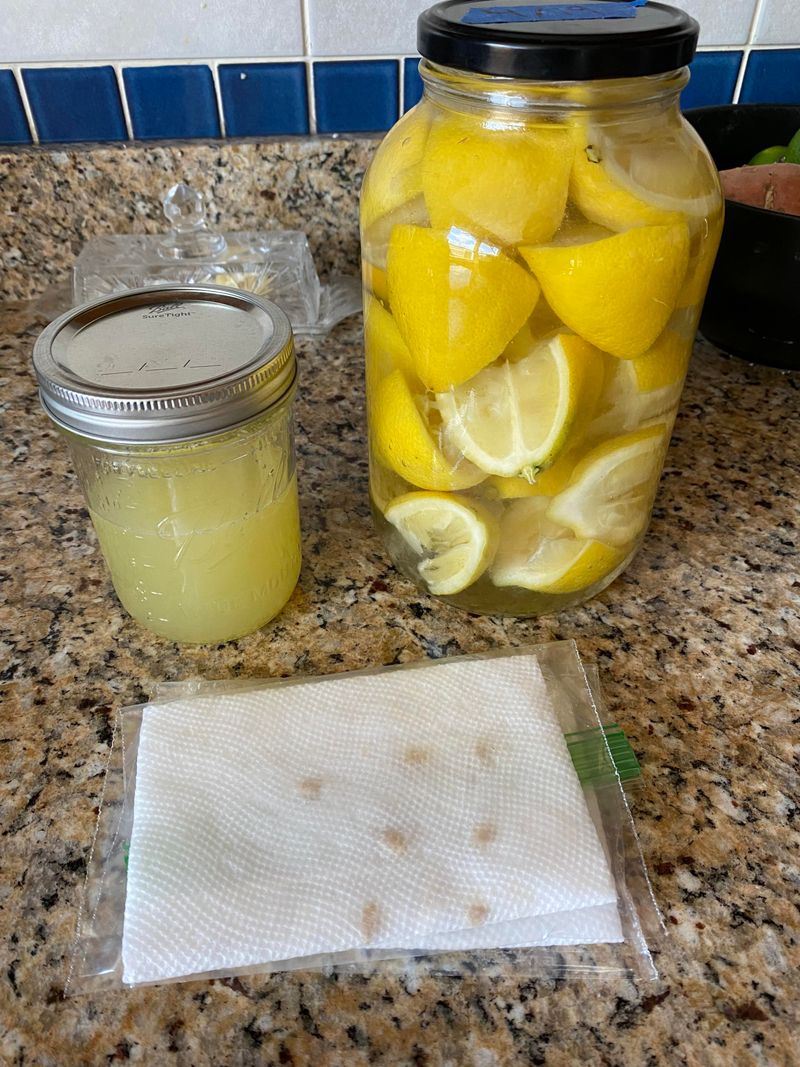
Certain fruits naturally repel common garden pests through their strong scents and compounds. Citrus peels contain d-limonene, a natural insecticide that deters ants, aphids, and slugs without harming beneficial insects.
Simply add orange or lemon peels to your watering can for a dual-purpose solution. Your plants get nutrients while unwanted visitors stay away, creating a more balanced garden ecosystem without harsh chemicals.
5. Worm Attraction Benefits
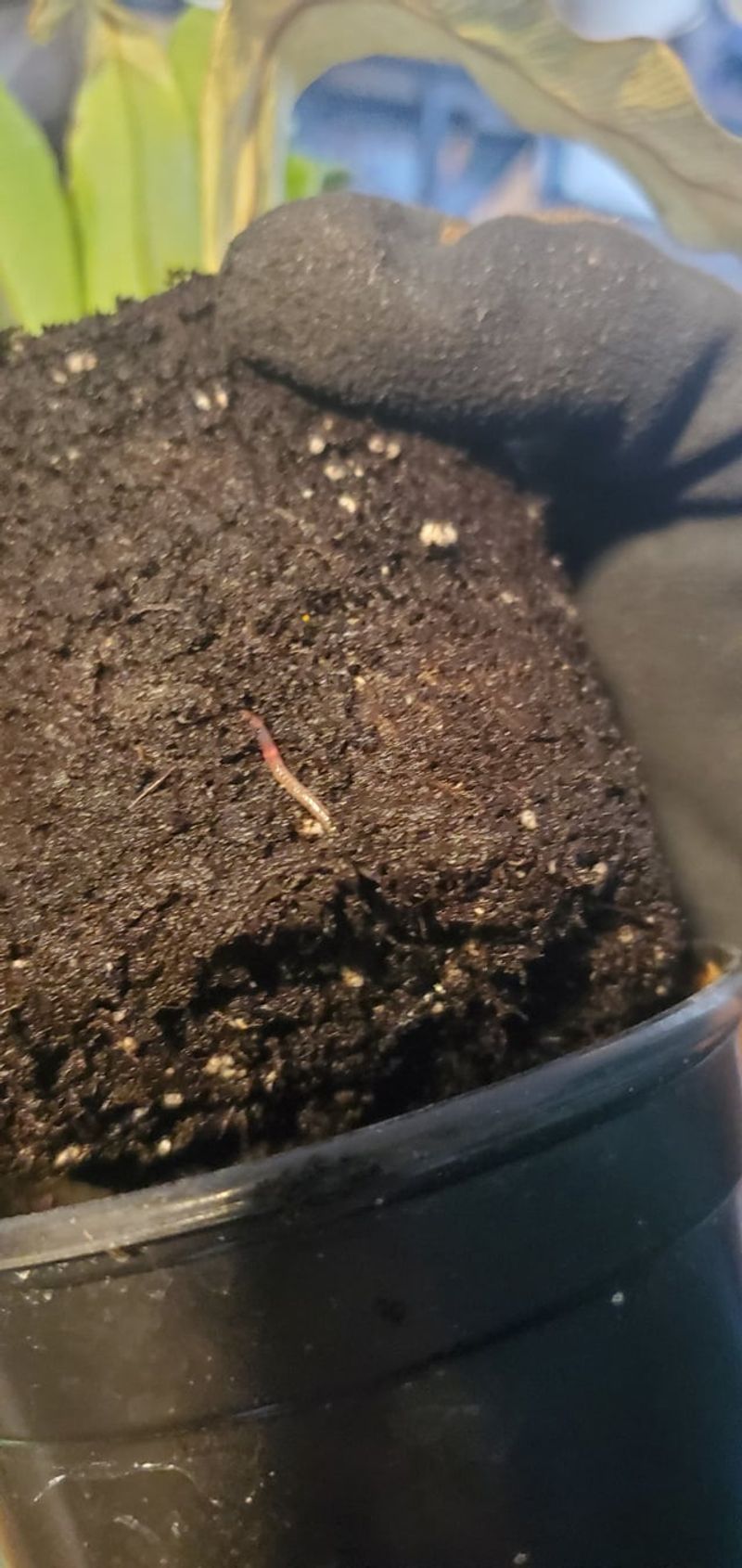
Earthworms absolutely love the sweet smell of decomposing fruit in soil. These garden helpers will flock to areas treated with fruit-infused water, bringing their soil-improving superpowers with them.
As worms digest organic matter, they create nutrient-rich castings and aerate the soil. Their tunneling activity improves drainage and root growth, essentially providing free garden maintenance courtesy of your fruit scraps.
6. pH Balance Regulation
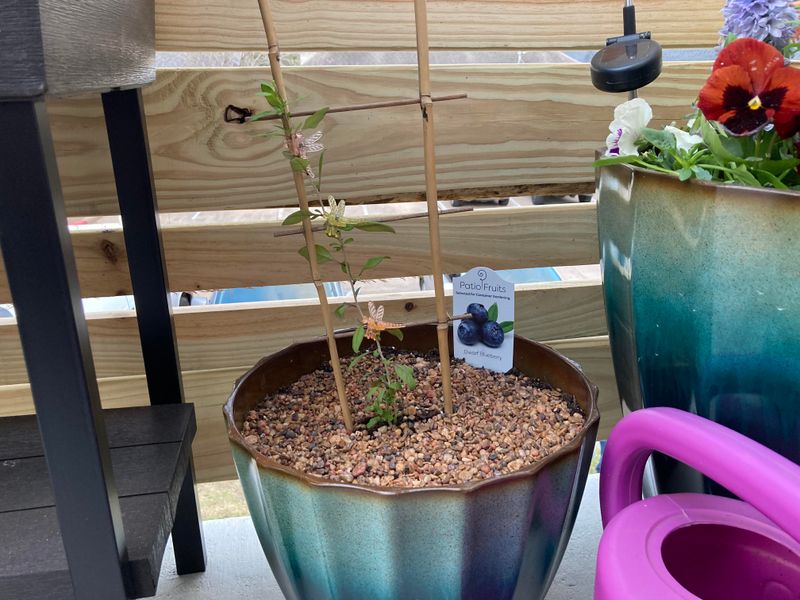
Different fruits can help adjust soil pH in targeted ways. Citrus peels gradually acidify soil for acid-loving plants like blueberries and azaleas, while banana peels help neutralize overly acidic soil.
This natural pH adjustment happens slowly, preventing shock to plant systems. You can customize your fruit water recipe based on soil tests and specific plant needs, creating the perfect growing environment for your garden favorites.
7. Enhanced Flower Production
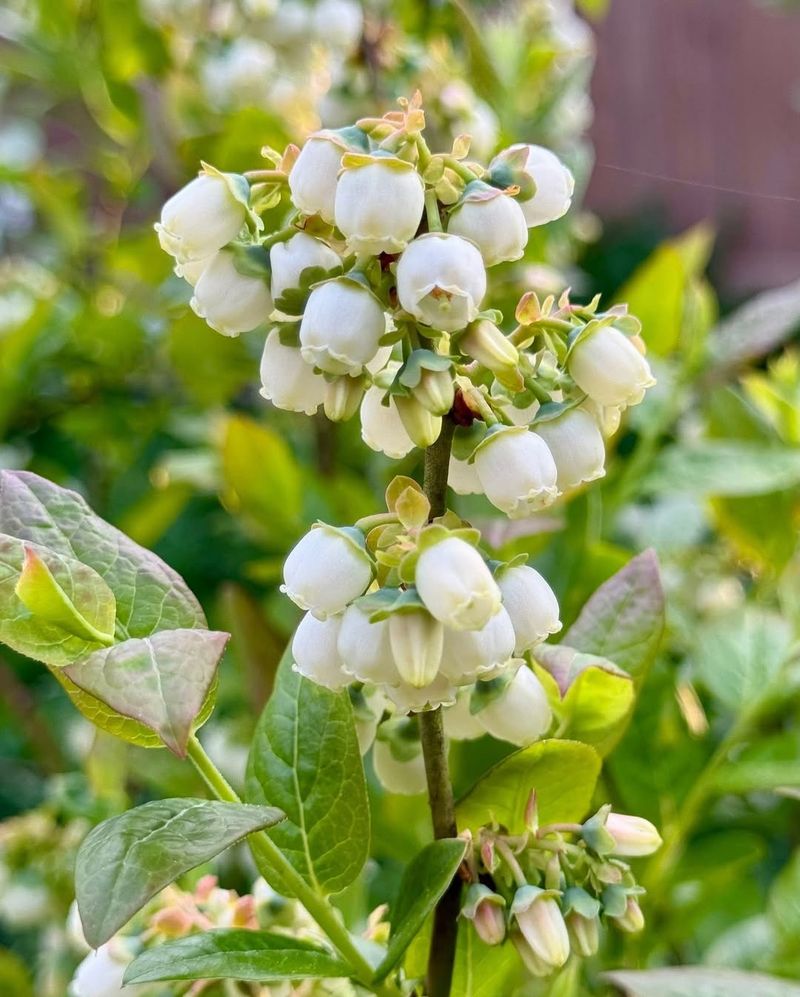
The potassium in bananas and phosphorus in many stone fruits promote abundant flowering in garden plants. These nutrients specifically target reproductive growth, helping plants produce more flower buds.
Gardeners often notice more vibrant blooms after just a few applications. The natural sugars also provide energy for flower development, making this especially effective for flowering plants that seem reluctant to show their colors.
8. Accelerated Composting Effect
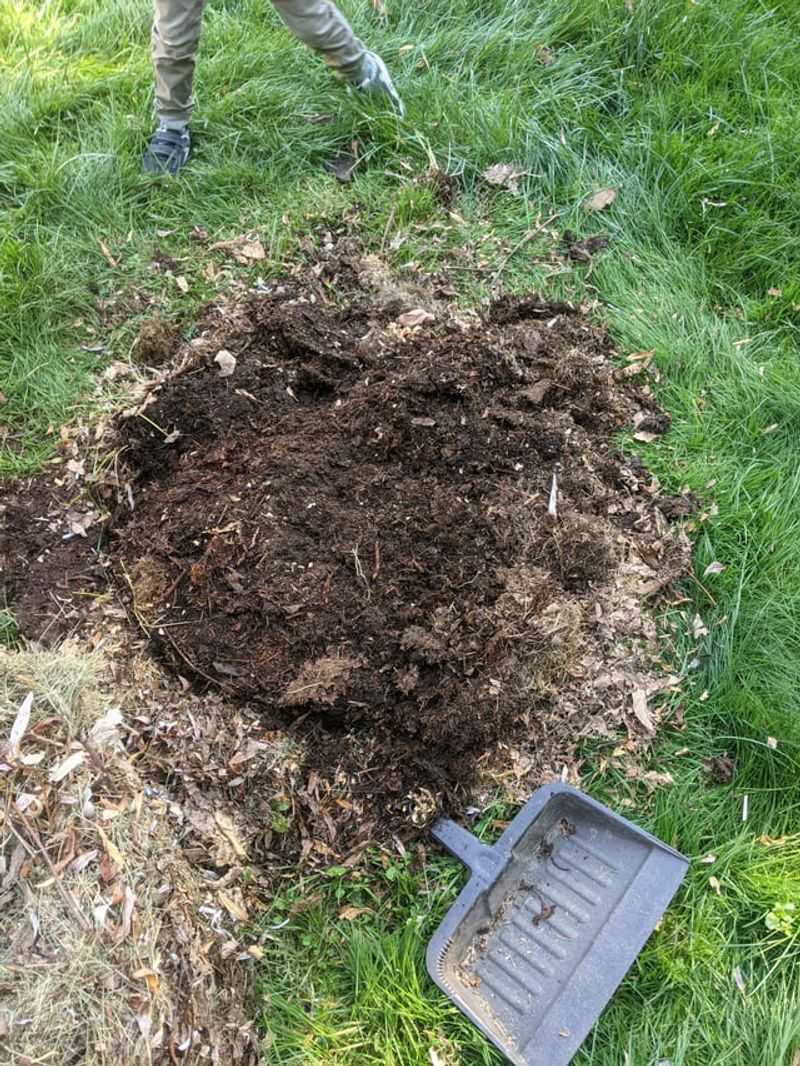
Fruit-infused water kickstarts decomposition processes in soil similar to what happens in compost piles. The sugars and acids work together to break down organic matter faster than plain water would.
This creates a mini composting effect directly in your garden beds. Dead leaves and stems decompose more quickly, returning their nutrients to the soil while improving its structure and water retention capabilities.
9. Root Development Stimulation
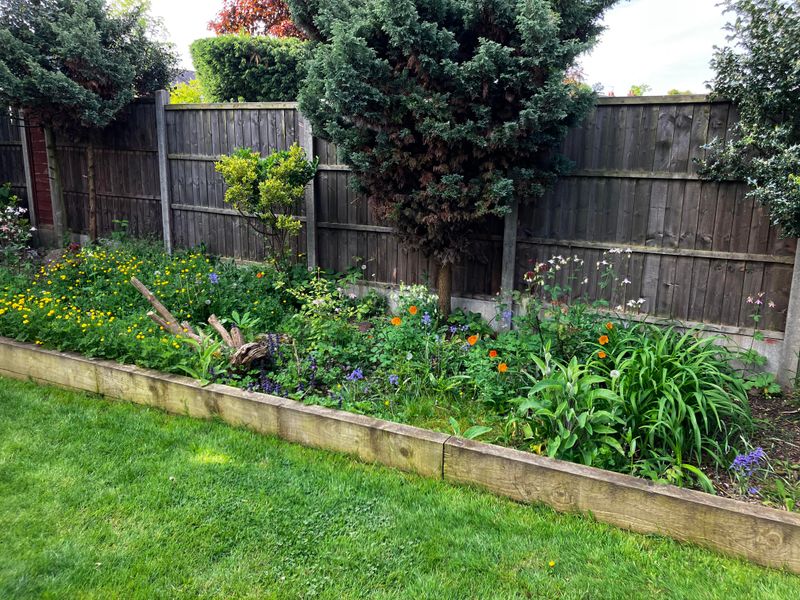
The natural hormones present in many fruits, especially apples and pears, stimulate root growth. These compounds mimic plant growth hormones that specifically target root development and branching.
Stronger root systems mean more resilient plants during drought or stress. Gardeners report seeing more extensive root networks when transplanting plants that have received fruit water treatments, giving them a better chance of successful establishment.
10. Drought Resistance Improvement
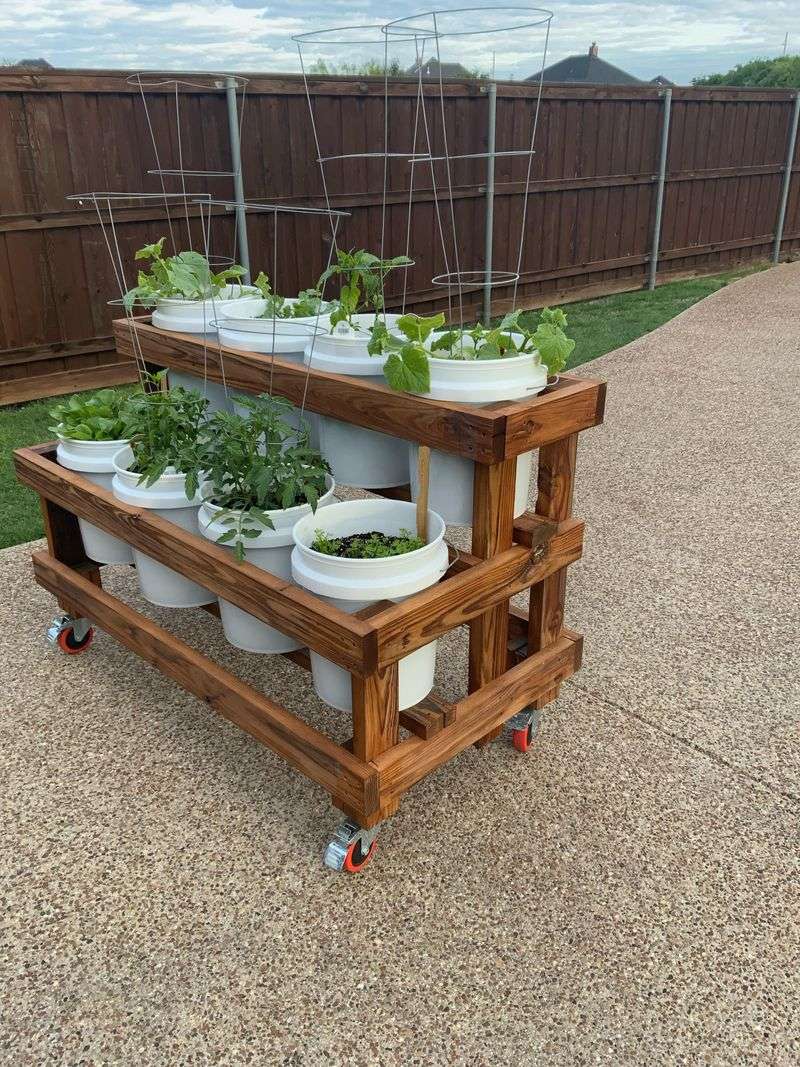
Fruit sugars help soil retain moisture more effectively by feeding beneficial fungi that create water-holding networks. These mycorrhizal relationships extend the effective reach of root systems by up to 700%.
Plants become naturally more drought-resistant without any special equipment. The improved soil structure also prevents water runoff, allowing plants to access moisture longer during dry spells while reducing your overall water usage.
11. Disease Resistance Enhancement
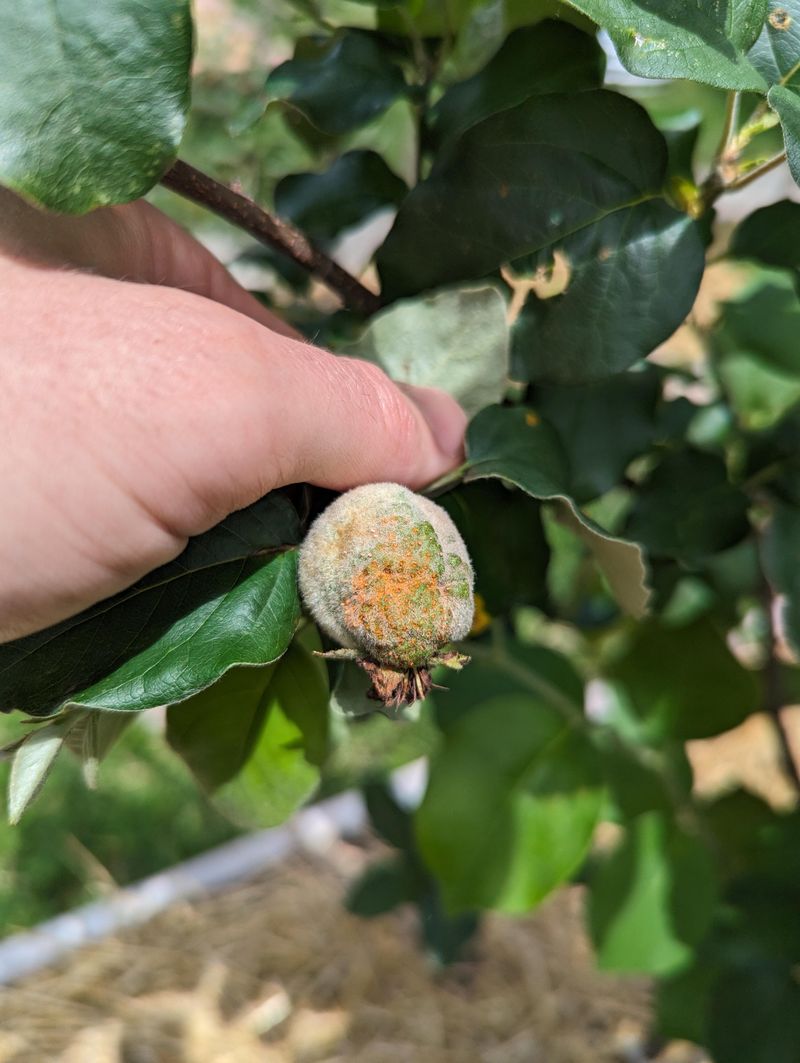
Certain fruits contain compounds that trigger plants’ natural immune responses. Apples and berries contain antioxidants and phenolic compounds that help plants fight off fungal and bacterial infections.
This natural defense boost works similarly to how vitamin C helps human immune systems. Regular applications can reduce common garden diseases like powdery mildew and black spot, creating a healthier garden with fewer interventions needed.
12. Seed Germination Acceleration
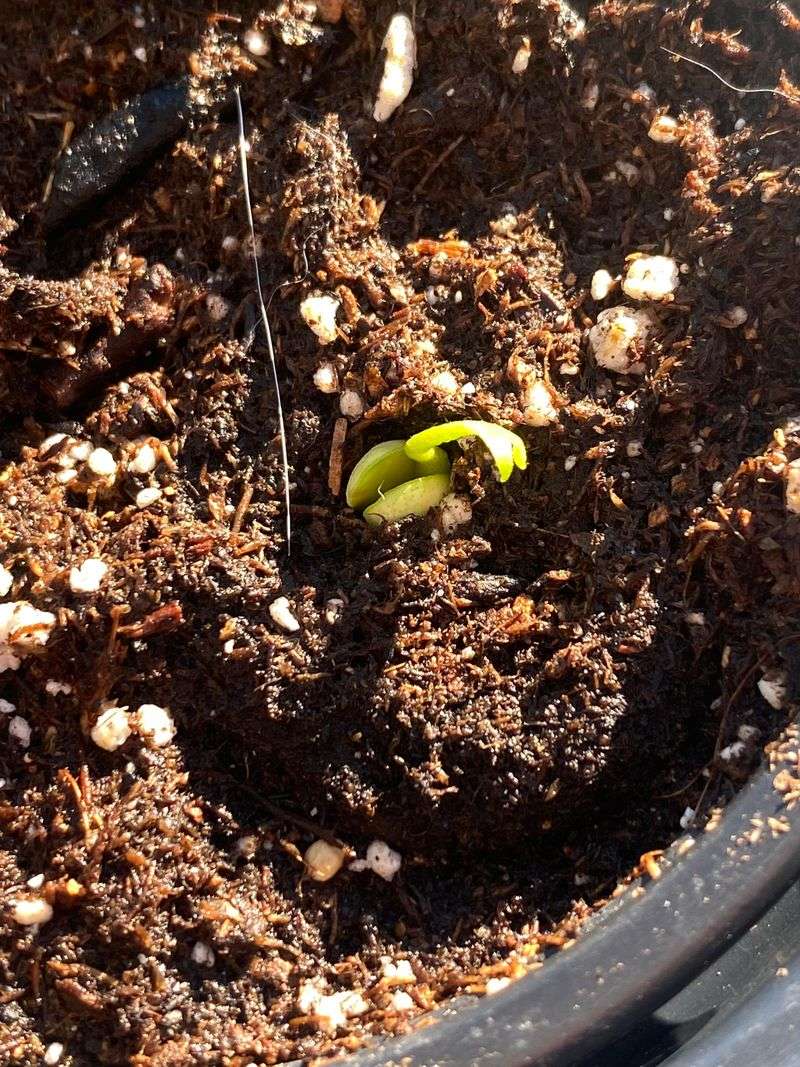
Diluted fruit juice water can break seed dormancy and speed up germination. The natural acids help soften seed coats while enzymes stimulate embryo development, similar to how some seeds pass through animal digestive systems in nature.
Gardeners report seeing seeds sprout days earlier than with plain water. This gives seedlings a head start in the growing season, particularly beneficial for plants with naturally long germination periods or hard seed coats.
13. Fruit Size and Flavor Enhancement
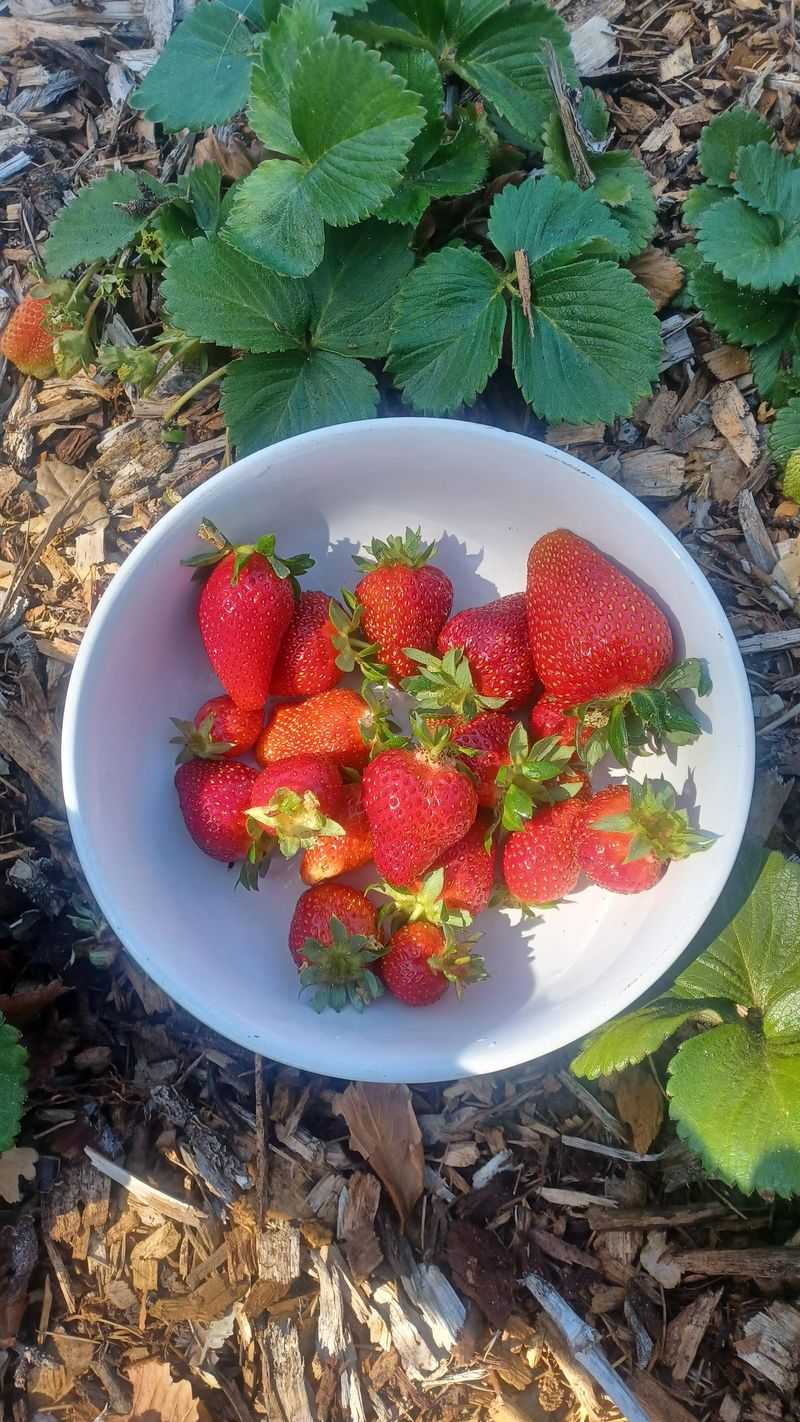
The additional micronutrients from fruit-infused water can significantly improve the size and taste of edible garden harvests. The trace minerals support complex flavor compound development in fruits and vegetables.
Home gardeners often notice sweeter tomatoes and more flavorful berries. This natural enhancement works because plants incorporate available soil nutrients directly into their fruits, creating a delicious cycle of fruit helping future fruit.
14. Soil Structure Improvement
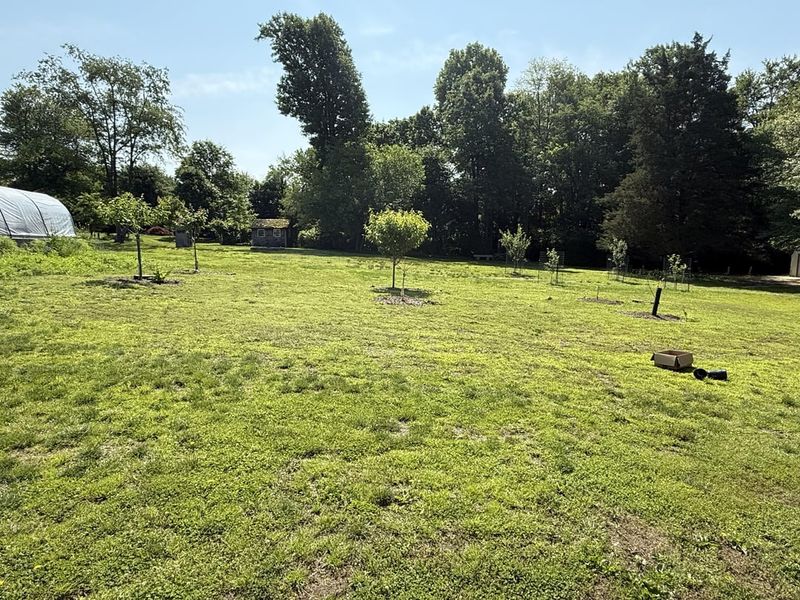
Fruit fibers create natural binding agents in soil as they decompose. These compounds help sand, silt, and clay particles form stable aggregates that create ideal growing conditions with the perfect balance of water retention and drainage.
Gardens with poor or compacted soil show remarkable improvement over a season. The enhanced soil structure allows roots to penetrate more easily while providing oxygen channels that prevent root rot and other moisture-related problems.
15. Natural Pollinator Attraction

The sweet scent of fruit-infused water gently permeates the soil and plants, attracting more bees, butterflies and other beneficial pollinators. Fruit sugars provide additional energy sources for these garden helpers.
Many gardeners report increased pollinator activity within days of application. This natural attraction method works particularly well for gardens struggling with pollination issues, potentially increasing fruit set and yield without any additional effort.
16. Sustainable Waste Reduction
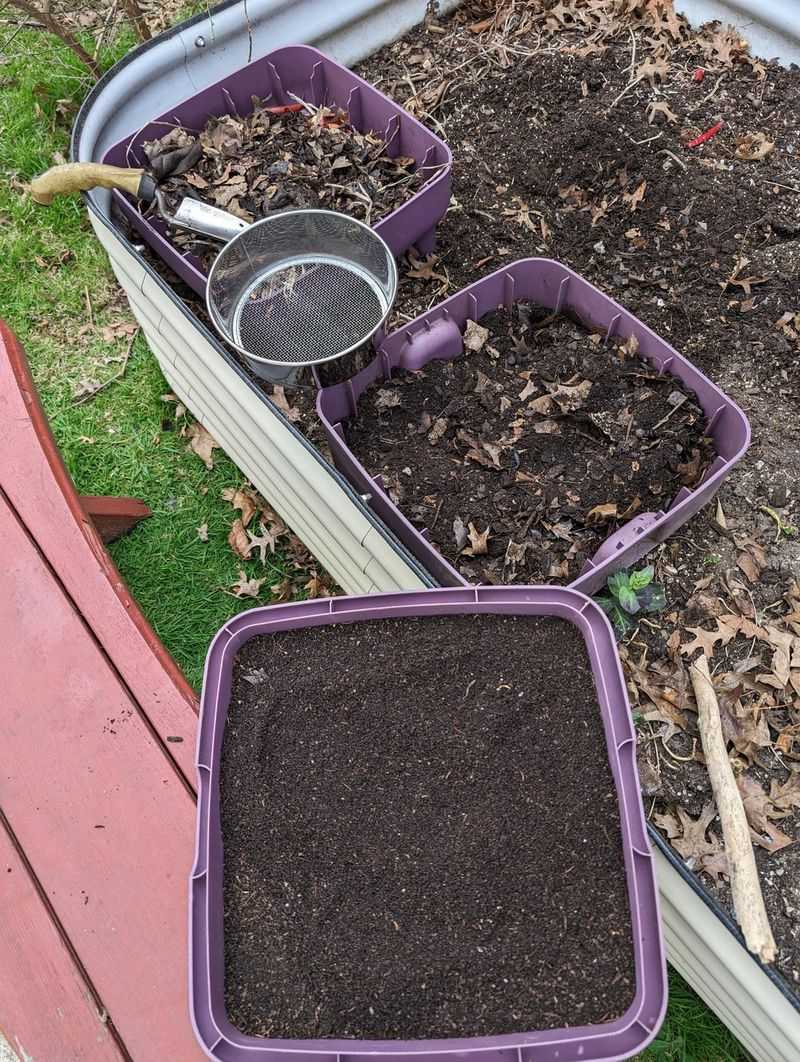
Repurposing fruit scraps for garden use creates a beautiful closed-loop system in your home. Kitchen waste becomes garden input, which produces more food, continuing the cycle of sustainability.
This practice reduces household waste while eliminating the need for store-bought fertilizers. One family can divert hundreds of pounds of fruit scraps from landfills annually, where they would otherwise produce methane, a potent greenhouse gas.

